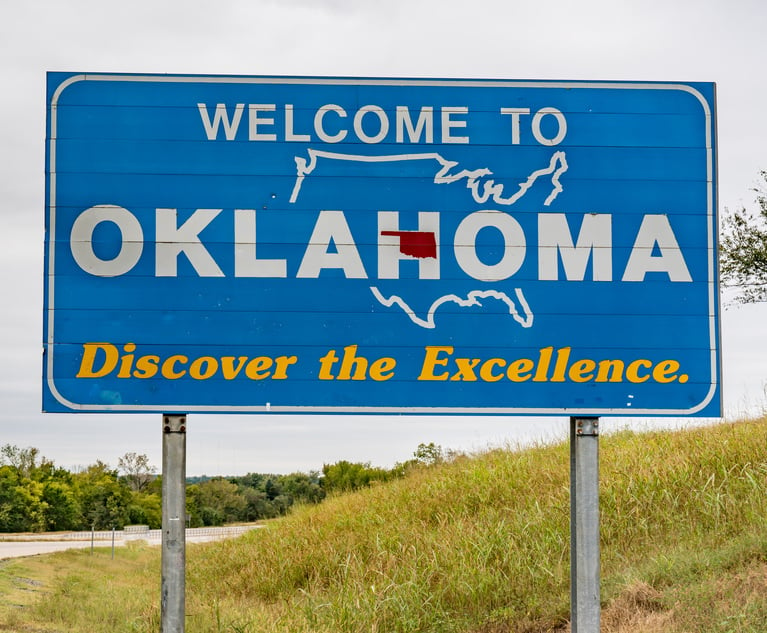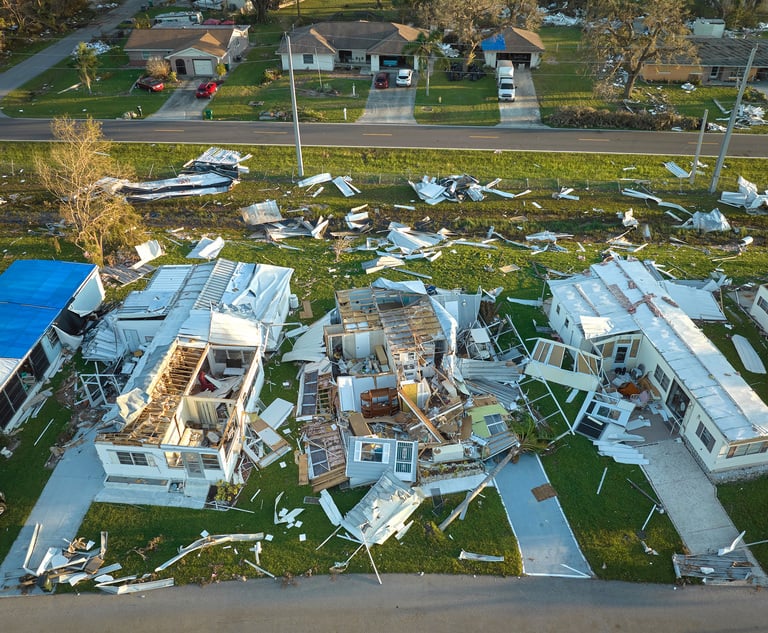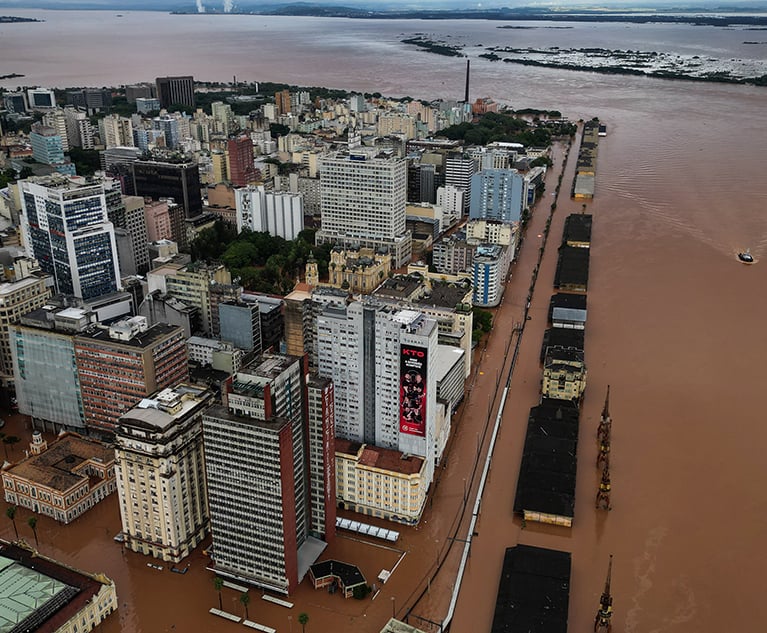This summer, I was asked to make a presentation at an insurancefraud conference held by the Nebraska Department of Insurance at astate park on the Platte River. I arrived in Omaha by Amtrak,although I traveled back to Chicago by car before continuing homeby train again. For those who have never experienced train travel,it is a delightful way to get around the country and to see what isactually out there. For those who have never been in the Midwest,well, you are missing a wonderful part of our great nation.
|Trying to escape the $4.08 gallon of gas and lousy airlineservice, people packed into the trains — the Crescent, Cardinal,California Zephyr, Lake Shore, and a few locals. Coach class wassold out, but rooms were still available in the sleepers. While twoof the trains were early, two were late because of the floods inIndiana and Iowa. The nice part about train travel is that it isrelaxed. Passengers are seated with fellow travelers in the diningcars, and dinner becomes a family get-together, with foreignersvisiting the U.S., students on their way to or from college, youngfamilies migrating from one state to another, and older folks whojust like to see the country.
|People accustomed to being jammed in cities may find itrefreshing to see the rolling countryside, the big barns andfarmhouses surrounded by trees, and the rest of the landscapecarefully planted in rows of corn, beans, wheat, or othercommodities.
|Water Everywhere
|While Georgia, Florida, and other parts of the South aresuffering from drought, Iowa had too much water. One bridge I triedto use to cross the Missouri was closed. I detoured and then pickedup I-80 to cross Iowa, following old U.S. 6 in parts. Within 48hours after I had passed Des Moines, parts of I-80 were closedbecause of flooding of the Cedar and Iowa Rivers. Towns fartherdown the Mississippi all the way to New Orleans were bracing forthe worst of it, sandbagging levies in hopes they would hold.
||I had exited west of Grinnell to visit a small village wheresome distant cousins of mine had lived, then traveled to the AmanaColonies for dinner at one of their famous German restaurants. Thevillages that comprise the Colonies — a 19th century utopiancommunal religious group that founded the appliance manufacturingcompany that still bears their name — are on the Iowa River. It wasflooded, but the bridge was passable that evening. It was probablyflooded and blocked by debris the very next day.
|I kept thinking back to a column I'd written a number of monthsago about “smart dams,” which are computerized dams in areas proneto flooding. When water flow increased, such dams would pump theexcess water through pipelines to the states out west where wateris so vitally needed. Sure it would be expensive, but not half ascostly as the cleanup of the cities that were devastated by theJune, 2008 floods.
|In the 1990s, Iowa suffered the 100-year flood. This one isbeing hailed as the 500-year flood. So what's in store next yearfor Cedar Rapids and Iowa City? The “Millennium Flood,” perhaps? Isit global warming or just El Nin?? Those floods are going to beincreasingly common, and they will probably be alternating withdroughts destined to be just as devastating to the crops. Thefarmers will be talking about crop insurance claims, andcatastrophe adjusters will be busy all over the Midwest, decidingwhat damage is covered, especially if the insured had floodinsurance, as well as what is excluded under other forms.
|The Effect on Claims
|The rising fuel and food costs, enhanced by crop losses becauseof flooding or drought, will result in decreases in food exportsfrom the U.S., and sharp price increases in food in our own grocerystores. That, in turn, may result in urban unrest, such as riots,as poorer people will be unable to afford the food necessary tofeed their families. The rest of us may just be shelling out moreto buy our steaks and barbecued ribs and chicken, but with thecombination of the housing crisis, rising gasoline prices, and nowfood costs, we can expect to see repercussions that lead tohorrendous damages and claims.
||Further, there will be increasing pressure from people in thosepoorer nations to immigrate to America. If we can't stop illegalimmigration now, then what will it be like when the starving hordesstart flowing across our borders.
|Many readers may not be old enough to remember the politicalconventions of the late 1960s and early 1970s. There were riots inboth Chicago and Miami that led to widespread damages and injuries.Part of the protests was over the funds being spent on the VietnamWar, but there were underlying issues of inflation and economicproblems as well. While ten times the number of American militarywere killed in Vietnam as in Iraq, nevertheless war and the economycould again trigger similar outrages at the 2008 conventions. Theriots in Miami during the 1972 convention led to fires and damagesacross the city that kept Miami adjusters like me at the time quitebusy. While the optimist might say, “So, it's good for business,”the realist says it only makes matters worse. We don't need ourcities to be burned again.
|Hopefully the crises will pass; the cost of oil per barrel willdecrease; something other than corn will be found to make ethanol;and food prices and distribution will improve. Who knows? Moremoney could be allocated for Amtrak to improve its service, offermore trains to more places at higher rates of speed, and take thepressure off the highways. Just maybe somebody will invent thatsmart dam and pump flood waters to the deserts before they ruin ourcities.
|Ken Brownlee, CPCU, is a former adjuster and risk managerbased in Atlanta, Ga. He now authors and edits claim-adjustingtextbooks.
Want to continue reading?
Become a Free PropertyCasualty360 Digital Reader
Your access to unlimited PropertyCasualty360 content isn’t changing.
Once you are an ALM digital member, you’ll receive:
- All PropertyCasualty360.com news coverage, best practices, and in-depth analysis.
- Educational webcasts, resources from industry leaders, and informative newsletters.
- Other award-winning websites including BenefitsPRO.com and ThinkAdvisor.com.
Already have an account? Sign In
© 2024 ALM Global, LLC, All Rights Reserved. Request academic re-use from www.copyright.com. All other uses, submit a request to [email protected]. For more information visit Asset & Logo Licensing.








